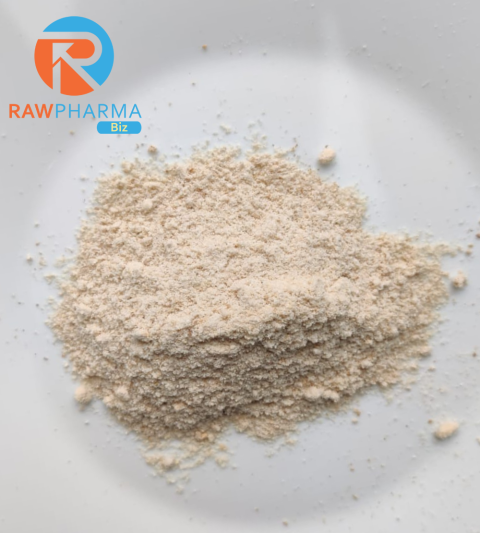Short Descriptions
L-Lysine HCL Feed Grade is a high-quality amino acid supplement designed for animal nutrition. It plays a crucial role in promoting healthy growth and development in livestock and poultry. This essential amino acid is commonly added to animal feed to support protein synthesis, muscle growth, and overall well-being, ensuring that animals receive the necessary nutrition for optimal health and productivity.
More Information
Details
L-Lysine HCL Feed Grade is a specialized and indispensable amino acid supplement that holds a vital position in the realm of animal nutrition. With a focus on enhancing the well-being and growth of livestock and poultry, this product has become a cornerstone of modern animal husbandry practices. Amino acids are the fundamental building blocks of protein, and L-Lysine is one of the essential amino acids that cannot be synthesized by animals themselves and must be obtained through their diet. In the feed industry, L-Lysine HCL Feed Grade is recognized for its significant role in protein synthesis, making it a crucial nutrient in promoting muscle development, overall growth, and optimal health in animals. The high-quality feed grade L-Lysine HCL is formulated to ensure its purity and bioavailability. It is typically produced through a fermentation process, which involves the cultivation of microorganisms that naturally produce L-Lysine. This method ensures a consistent and safe supply of this critical nutrient for animal diets. L-Lysine is a primary contributor to protein synthesis, making it essential for muscle development and overall growth in animals. When included in animal diets, it ensures that the protein-building processes are operating at their peak, promoting muscle growth and overall health. Incorporating L-Lysine HCL into animal feed allows for a more balanced and complete amino acid profile. This is particularly important in grain-based diets, which may lack sufficient L-Lysine, thus helping to rectify potential nutritional imbalances. L-Lysine supplementation has been shown to improve the efficiency of feed conversion in animals. This can lead to reduced feed costs and less environmental impact while maintaining or even increasing animal productivity. L-Lysine also plays a role in supporting the immune system and overall health of animals. By ensuring animals receive adequate L-Lysine, their resistance to diseases and environmental stressors may be enhanced. When animals receive the necessary L-Lysine supplementation, they are more likely to achieve and maintain healthy weight, which is especially important for livestock and poultry production. By supplementing animal feed with L-Lysine HCL, farmers and animal producers can fine-tune their nutrition programs, ensuring animals receive the precise nutrients they need for growth and health. This targeted approach can be a cost-effective means of animal husbandry. Ultimately, the use of L-Lysine HCL Feed Grade contributes to increased productivity in animal farming. Healthier and well-nourished animals grow faster, produce better quality products, and lead to a more sustainable and efficient agricultural industry. In conclusion, L-Lysine HCL Feed Grade is an essential component in animal nutrition, offering a multitude of benefits that cater to the health, growth, and overall productivity of livestock and poultry. With its pivotal role in protein synthesis and a range of other advantages, it has become an indispensable tool for modern animal farming, facilitating more efficient and sustainable practices. When integrated into animal diets, L-Lysine HCL Feed Grade is a key factor in ensuring the well-being and success of animal agriculture.
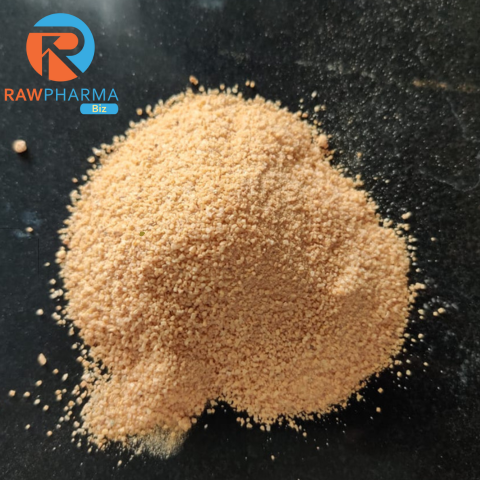
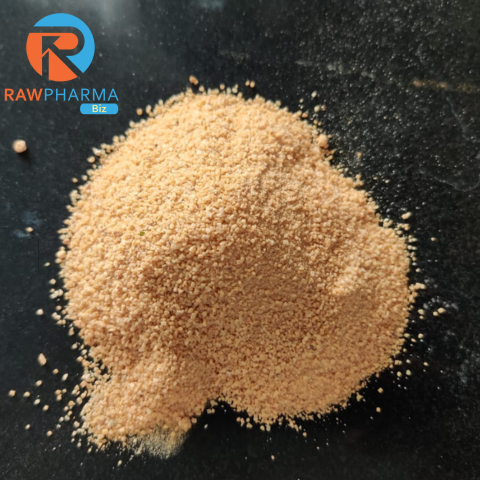
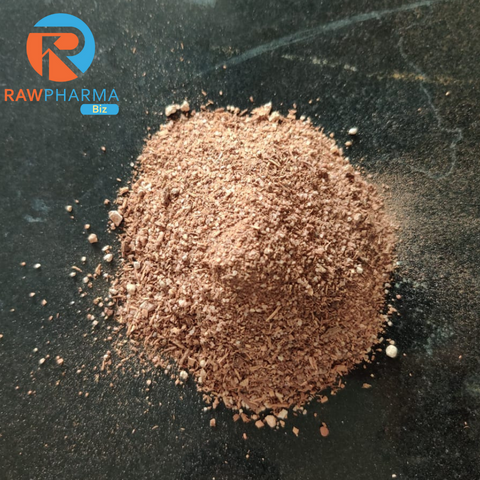
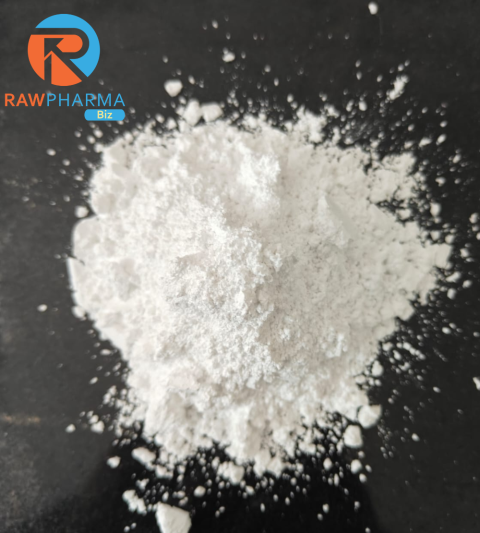
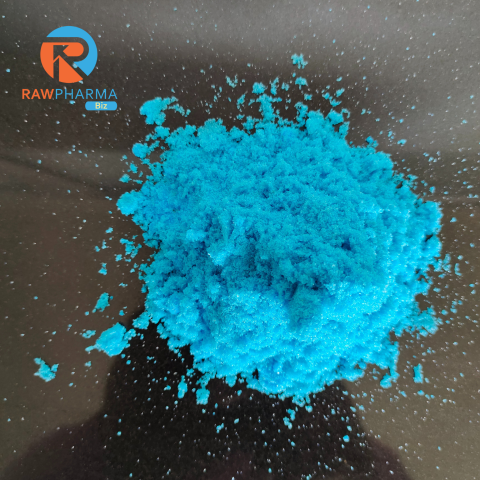
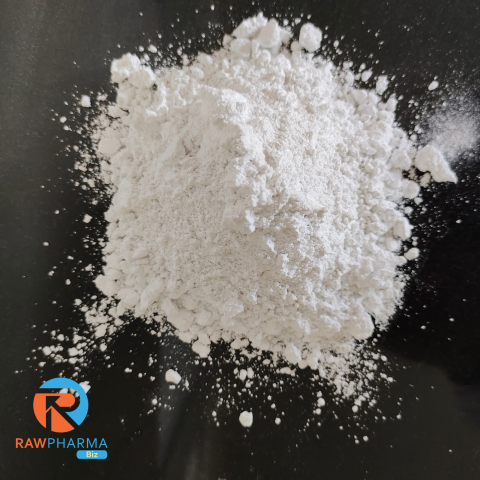
![Vitamin B3 Feed Grade [Niacin] 25Kg Pack](https://rawpharmabiz.com/cache/large/product/495/RtuFPrIfGpluRMe9qllheCH47DqFnaeScsX9yaD1.png)
